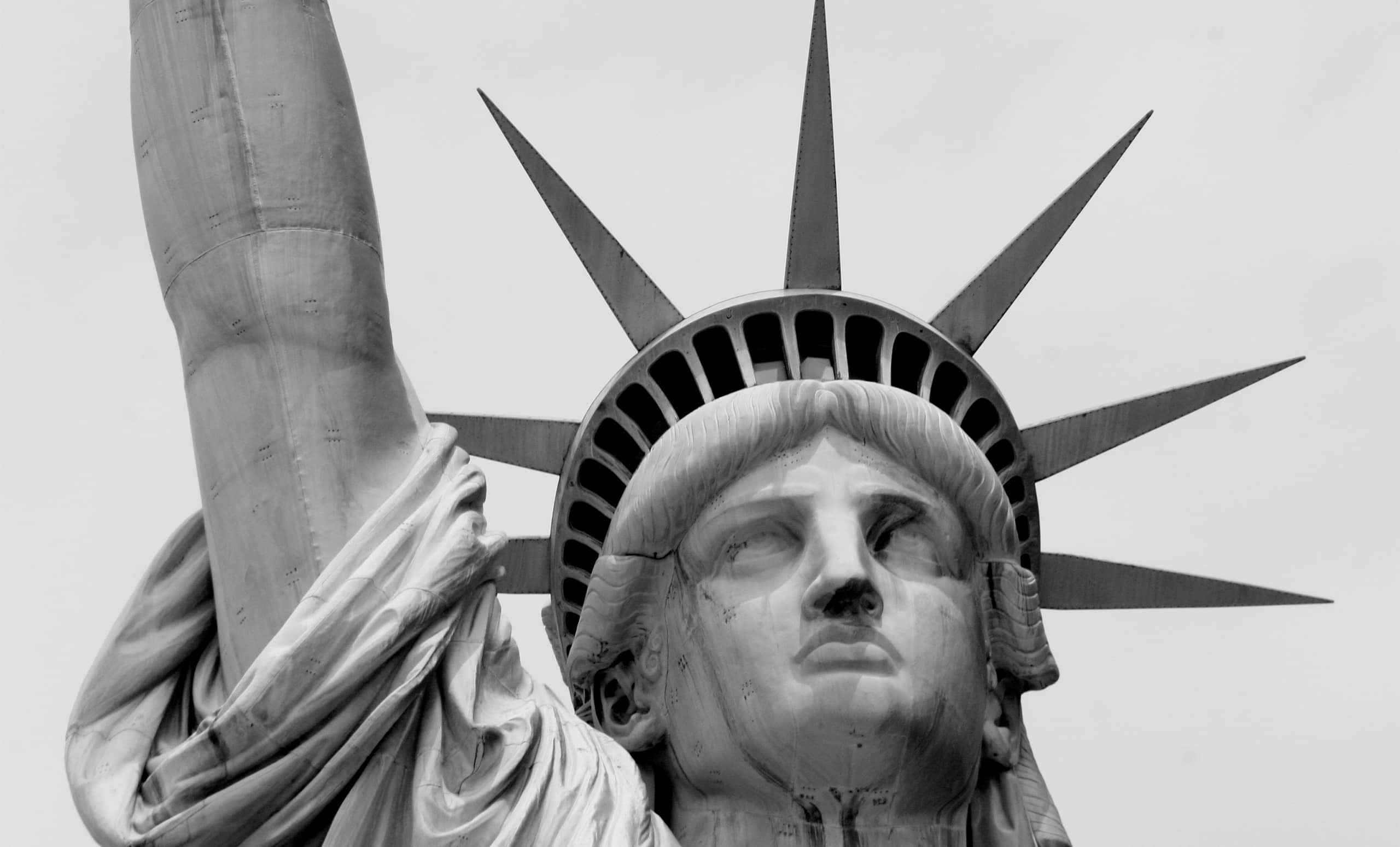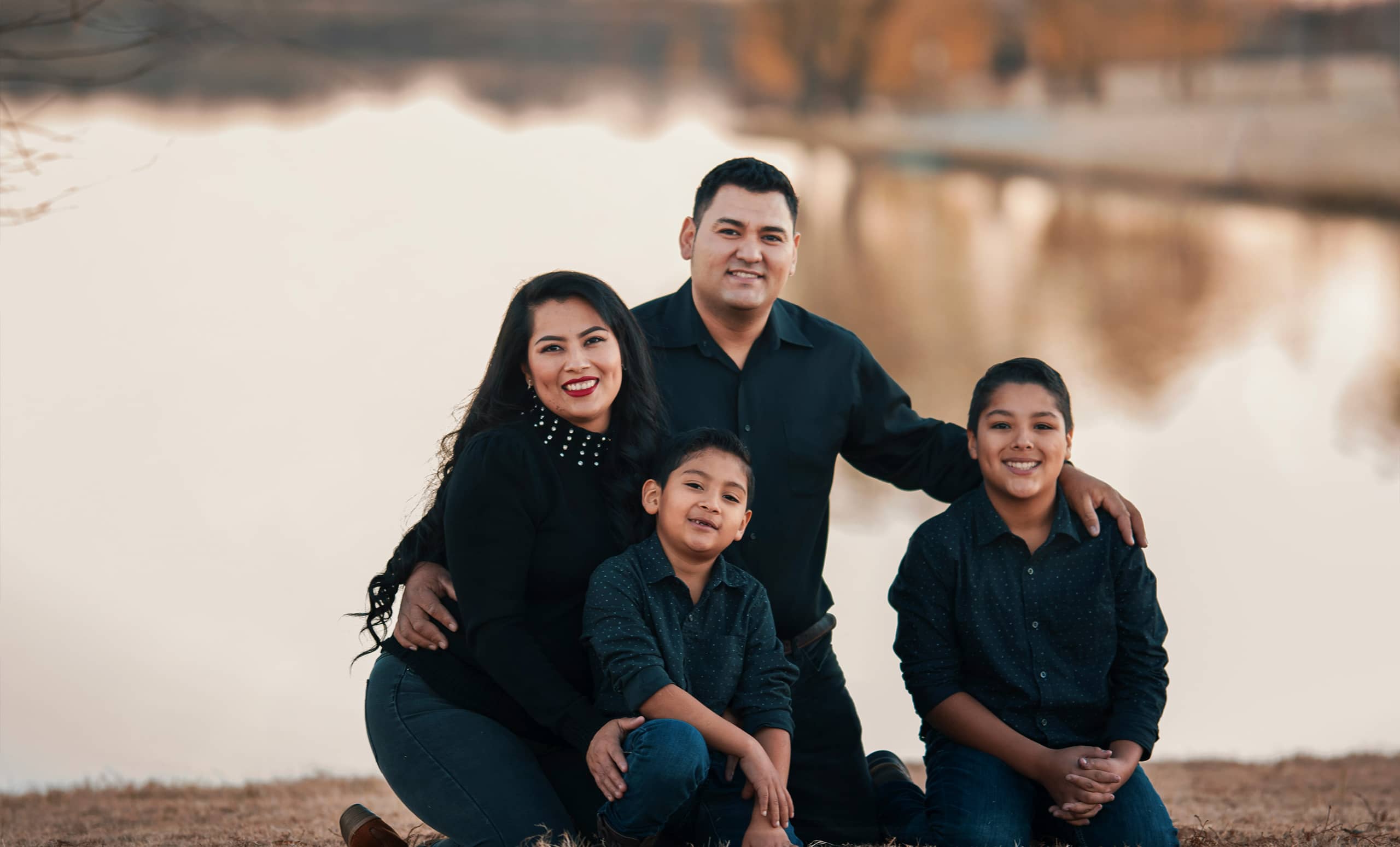People v. Camacho (2019) 32 Cal. App. 5th 998
The Camacho Court recognizes that as first enacted, Penal Code Section 1473.7 provides in relevant part that “a person no longer imprisoned… may prosecute a motion to vacate a conviction … that is legally invalid due to a prejudicial error damaging the moving party’s ability to meaningfully understand, defend against, or knowingly accept the actual or potential adverse immigration consequences of a plea of guilty or nolo contendere.” Section 1473.7, subdivision (e)(1), which remains unchanged, provides: “The court shall grant the motion to vacate the conviction or sentence if the moving party establishes, by a preponderance of the evidence, the existence of any ground for relief specified in subdivision (a).” In the two years that followed the enactment of Penal Code Section 1473.7, courts uniformly assumed, that moving parties who claim prejudicial error caused by having received erroneous or inadequate information from counsel, must demonstrate that counsel’s performance fell below an objective standard of reasonableness under prevailing norms, as well as a reasonable probability of a different outcome if counsel has rendered effective assistance. Those courts either expressly or impliedly followed the guidelines enunciated in Strickland v. Washington (1984), People v. Espinoza (2018), People v. Tapia (2018), People v. Olvera (2018), People v. Ogunmowo (2018), and People v. Perez (2018). It is important to note that the rule established in Penal Code Section 1473.7 like any other statute is based upon statutory interpretation by judges who apply the law to the facts of a petitioner’s particular case. Where a party moves to vacate their conviction under section 1473.7, the moving party is required only to show that one or more of the establoished errors were prejudicial and damaged his ‘ability to meaningfully understand, defend against, or knowingly accept the actual or potential adverse immigration consequences of his plea.” See People v. Camacho. The decision in Camacho provides insight into how the law can be applied to help immigrant defendants seeking post conviction relief. Thus, in order to make a prima facie showing of entitlement to relief, a party must allege (1) some error, and (2) that the alleged error prejudiced their ability to meaningfully understand, defend against, of knowingly accept the plea. An error may prejudice a moving party “when there is a reasonable probability that the person would not have pleaded guilty- and would have risked going to trial (even if only to figuratively throw a ‘Hail Mary’}- had the person known that the guilty plea would result in mandatory and dire immigration consequences.” People v. Mejia (2019).




